The supply of essential minerals, especially rare earths, has long been America's 'Achilles' heel' in the global technological and economic race. The Donald Trump administration has implemented many solutions to reduce dependence on China.
The global war of words between Ukrainian President Volodymyr Zelensky and US President Donald Trump over the weekend has brought US-Ukraine relations to an all-time low. Ukraine could lose the support of the Trump administration altogether, leaving it facing greater pressure from Russia.
Observers have yet to envision a scenario that could salvage the U.S.-Ukraine relationship after Mr. Zelensky refused to apologize to Mr. Trump. However, many experts say the Ukrainian president should still try to revive the mineral deal in the context of the U.S. becoming increasingly aware of its dependence on foreign supplies of essential minerals, especially China.
Trump's ambition for mineral autonomy
The United States is an economic and military superpower, but it is heavily dependent on foreign supplies of essential minerals, especially rare earths - a group of 17 elements vital to high-tech manufacturing, from electric car batteries and smartphones to modern weapons systems.
According to the US Geological Survey (USGS), the US has only about 1.9 million tons of rare earth reserves, ranking 7th in the world after China (44 million tons), Brazil (21 million tons), India (6.9 million tons), Australia (5.7 million tons), Russia (3.8 million tons), Vietnam (3.5 million tons). Greenland has 1.5 million tons.
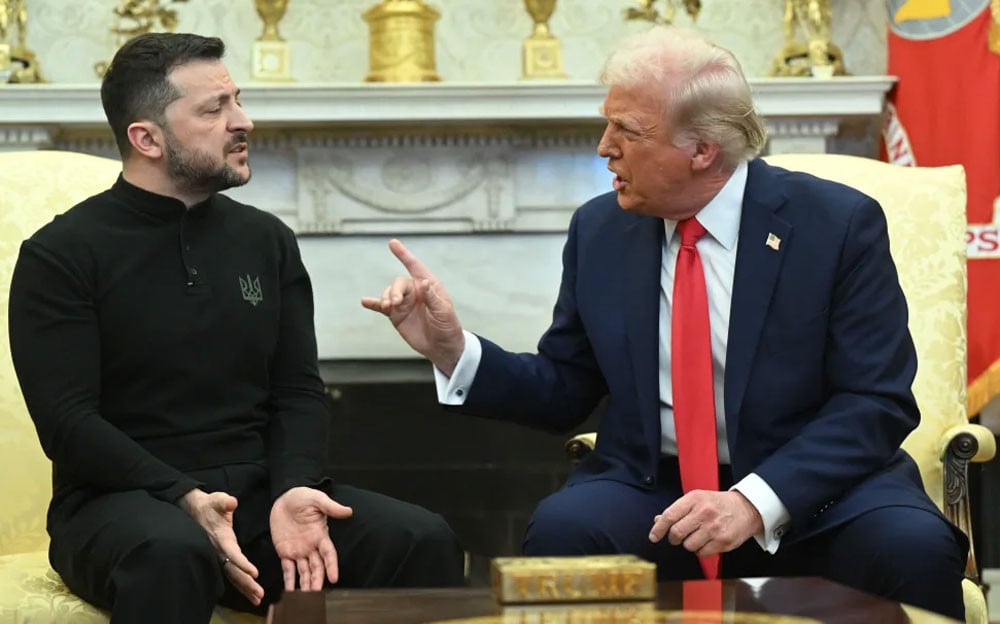
The US rare earth reserves are mainly concentrated in the Mountain Pass mine in California, operated by MP Materials. Although ranked 7th in reserves, the US is the second largest rare earth producer in the world (45,000 tonnes in 2024), behind only China (270,000 tonnes), showing the ability to exploit efficiently even if the reserves are not leading.
However, China currently controls about 70% of global rare earth mining output and nearly 90% of refining capacity, forcing the US to import up to 60-70% from this country.
That dependence is not just an economic issue, but also a national security issue. Rare earths and other critical minerals such as lithium, cobalt and titanium are the backbone of strategic industries.
As trade tensions with China escalated, especially since 2018 during Donald Trump’s first term, Beijing repeatedly threatened to cut or ban rare earth exports to the US. This prompted him to seek to “ensure a secure and reliable supply of critical minerals” as early as 2017, when he signed an executive order promoting domestic mining and supply diversification.
Trump has made some progress in his first term. The Mountain Pass rare earth mine in California, which was shut down when its previous owner went bankrupt in 2015, reopened in 2017 after a rebuilding effort. However, the rare earths mined are sent to China for refining.
In 2023, the US government signed a contract with Lynas Rare Earths (LYC.AX) (Australia), in which the US contributed about 258 million USD to build a rare earth refinery in Texas, expected to operate from 2026.
In his second term, just over a month after taking office on January 20, Trump continued to show greater ambition. He not only focused on increasing domestic production but also targeted foreign resources through bilateral agreements, even the idea of buying strategic assets outright.
Mr. Trump shocked the world in 2019 when he proposed buying Greenland from Denmark to access its estimated millions of tons of rare earth reserves, an idea that Denmark flatly rejected. He also considered cooperating with Canada, a country with a very large reserve of rare earths, estimated at about 15 million tons, but also unclear and not yet commercially produced.
These moves demonstrate Trump's vision: to turn the US into a global mineral supply hub, reduce dependence on China and strengthen economic competitiveness.
However, this ambition faces many challenges. Mining and refining rare earths requires large capital investments, complex technology and a long time. Moreover, mining projects in the US often face opposition from the community because of environmental impacts. Therefore, seeking supplies from other countries becomes a parallel strategy, in which Ukraine emerges as a potential "gold mine".
US-Ukraine negotiations fail, minerals still an opportunity for Kiev
On February 28, the terrible war of words between Mr. Trump and Mr. Zelensky caused the US-Ukraine agreement to collapse, causing concern around the world. Ukraine could lose all support from the Trump administration.
It is now very unlikely that Kiev will resume negotiations under Mr Zelensky. However, Ukraine could still revive the mineral deal because of the urgent need for the US to reduce its dependence on Chinese minerals.
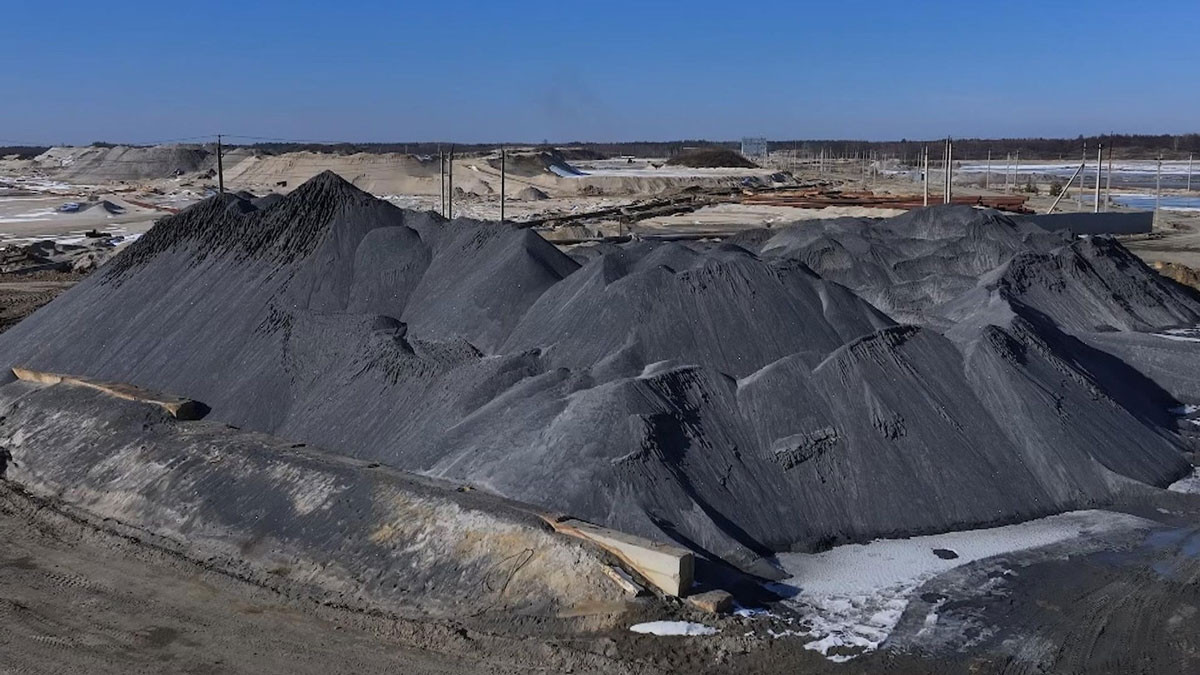
According to the USGS, Ukraine is not listed among the countries with the largest rare earth reserves in the world, and some experts believe that the country may have exaggerated its reserves to attract attention and support from the US. However, estimates from other sources suggest that Ukraine has about 5% of the world's rare earth reserves, or about 5.5 million tons.
Besides, Ukraine possesses significant reserves of many important minerals such as lithium, titanium and uranium... The total estimated value is up to more than 12 trillion USD.
For Mr. Trump, cooperation with Ukraine under the previous framework agreement and several other countries is a win-win opportunity: the US reduces its dependence on China, while Ukraine receives investment to rebuild after the conflict with Russia.
However, Ukraine’s actual mineral reserves are not fully assessed. Moreover, many mines are located in Russian-controlled areas, such as Donetsk and Luhansk. Ukraine’s mining infrastructure was devastated by the war, and rebuilding it will require billions of dollars and years of preparation.
In fact, Ukraine is not the only option for Mr. Trump. He also has his eyes on other sources of supply. The idea of cooperation with Russia, although unexpected, has been mentioned recently. Russia owns the world's leading rare earth reserves. President Putin said on February 24 that Russia is ready to cooperate with foreign partners in rare earth mineral mining, including in the regions that Russia annexed during the conflict with Ukraine.
Greenland and Canada are safer bets, but both are cautious about granting mining concessions. Denmark has refused to sell Greenland, while Canada prefers to develop its own domestic industry rather than let the US dominate.
Africa, with its vast reserves of cobalt, lithium and rare earths in countries like Congo and South Africa, is also a potential direction. However, the region is deeply influenced by China, with hundreds of mining projects funded by Beijing. The US will have to compete fiercely for market share, requiring not only capital but also skillful diplomacy.
It can be seen that the US's ambition to manage mineral supplies to reduce dependence on China is clear. Therefore, the possibility of cooperation with Ukraine is still open after the collapse on February 28.
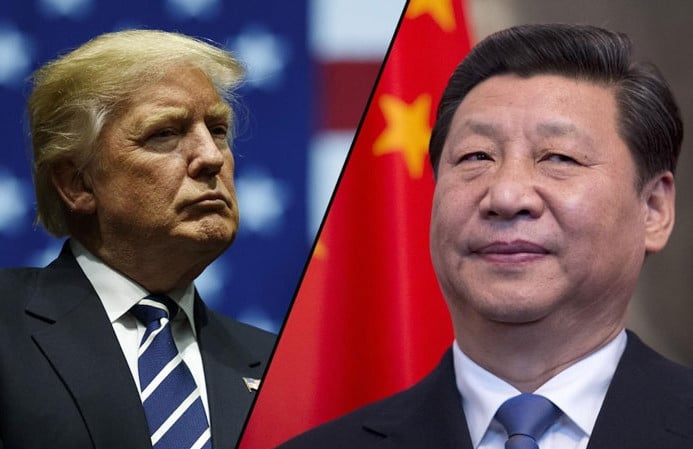
Source: https://vietnamnet.vn/donald-trump-doi-dau-trung-quoc-cuoc-chien-khoang-san-dinh-hinh-tuong-lai-2376705.html



![[Photo] The 5th Patriotic Emulation Congress of the Central Inspection Commission](https://vphoto.vietnam.vn/thumb/1200x675/vietnam/resource/IMAGE/2025/10/27/1761566862838_ndo_br_1-1858-jpg.webp)


![[Photo] Party Committees of Central Party agencies summarize the implementation of Resolution No. 18-NQ/TW and the direction of the Party Congress](https://vphoto.vietnam.vn/thumb/1200x675/vietnam/resource/IMAGE/2025/10/27/1761545645968_ndo_br_1-jpg.webp)
![[Photo] National Assembly Chairman Tran Thanh Man receives Chairman of the House of Representatives of Uzbekistan Nuriddin Ismoilov](https://vphoto.vietnam.vn/thumb/1200x675/vietnam/resource/IMAGE/2025/10/27/1761542647910_bnd-2610-jpg.webp)
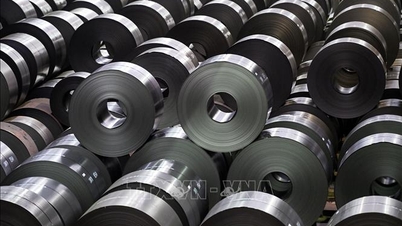




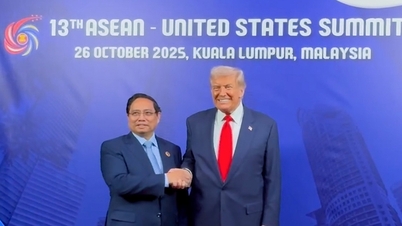



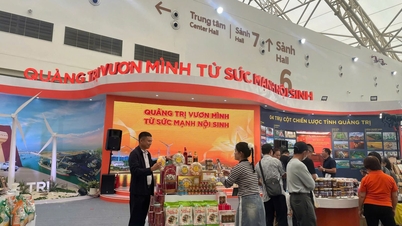
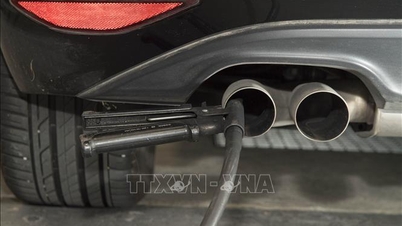


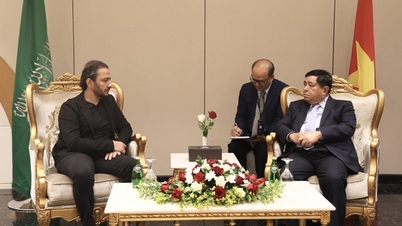

















































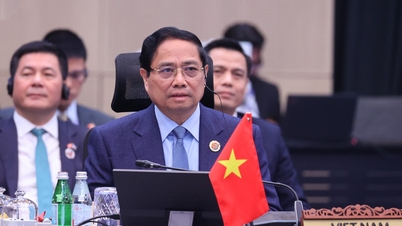







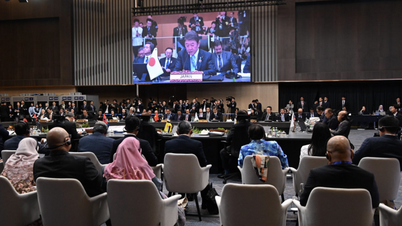



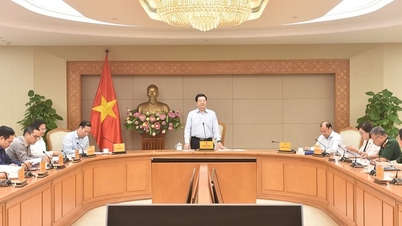

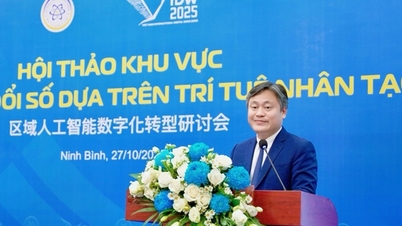
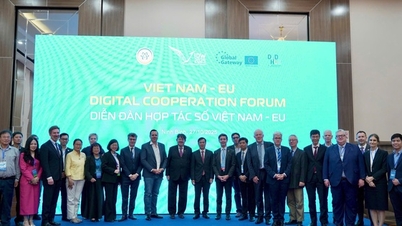
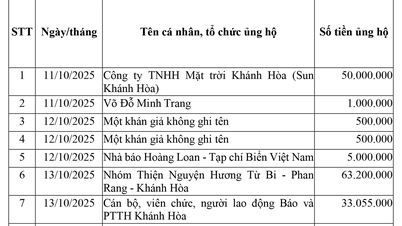

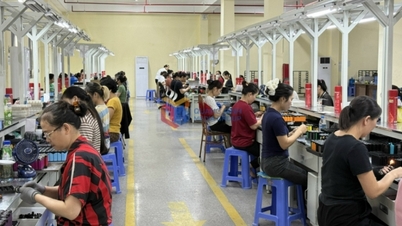























Comment (0)